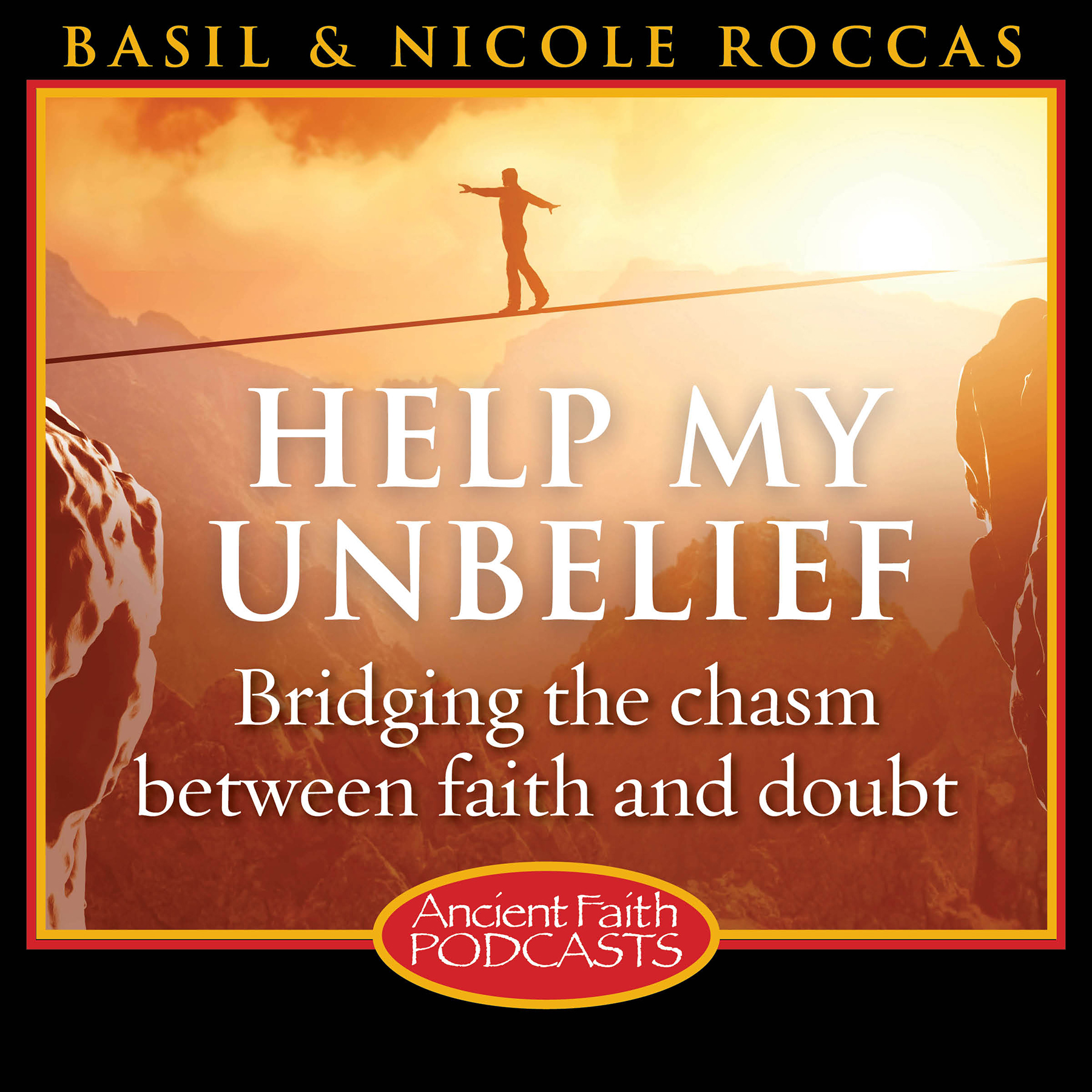Help My Unbelief
Holy Tradition: Stumbling Block or Stepping Stone?
Someone we know recently left the Church after being told that her son, who suffers from a medical condition, could not receive communion after taking medication as prescribed by his doctor. Holy Tradition can be a beautiful thing when approached with love for Christ and our neighbor, but when it is applied without understanding or regard it becomes little more than a hollow customs of man. How do we discern the authority of Holy Tradition, traditions, dogmas, economy, and cultural customs? How can Holy Tradition become a source of faith and encouragement rather than doubt and disillusionment? Plus, a fun Greek lesson on the word πέψη, aka Pepsi . . . Follow the Help My Unbelief Facebook page for updates, resources, and conversations related to faith and doubt. For deeper and more hard-hitting conversations, join our private Facebook group. Resources related to this episode: The New Testament word for tradition is paradosin (παράδοσιν) New Testament references to tradition we mentioned were: Matthew 15:3-9, 1 Corinthians 5:9-10, Colossians 4:16, 1 Corinthians 11:2 and 3:6, 1 Corinthians 7:1-25, 2 Timothy 2-8, 2 Timothy 2:16-17 St. Athanasius' definition of Tradition is found in his first letter to Serapion St Paul's comments on headcoverings are found in 1 Corinthians 11:4-5 We conclude with Matthew 16:18-20
Sunday, September 29, 2019
Listen now DownloadAbout
Have you ever doubted? Do you ever feel like you’re leading a double life, split between the faithful pilgrim in the pews, and the burned-out, faithless failure who secretly wonders if God is even there? In Help My Unbelief, we understand doubt is not the great enemy of faith but a meaningful part of the journey toward Christ. Basil and Nicole Roccas, a husband and wife team, draw from the Bible, Orthodox theology, and everyday observations as they explore what it means to live out the bold and faith-filled words recorded in Mark 9:24: “I believe, O Lord, help my unbelief.”
Contributors
No contributors found.
